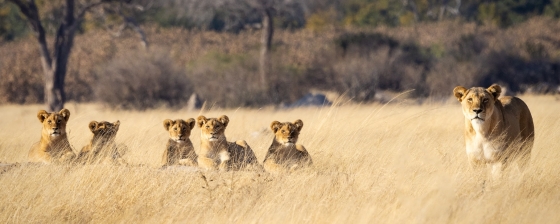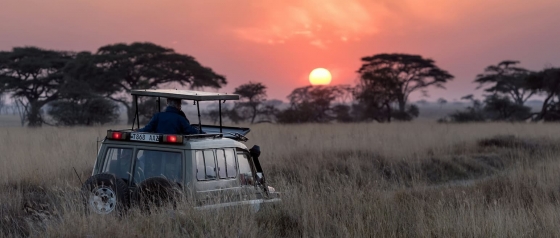Victoria Falls Weather and Climate: A Comprehensive Guide
Temperatures in Victoria Falls experience a moderate degree of variance through the seasons.
Days can be very hot, while the cooler months tend
to be warm.
It receives a reasonable amount of rainfall.
Let’s explore the climate details in depth to provide you with a complete overview.
Average maximum day and minimum night temperature
In Victoria Falls, seasonal changes bring about a moderate variation in temperatures. Average daytime temperatures reach a very hot 36°C in October. In July, the coolest month of the year, temperatures drop to a comfortable 26°C.
At night, you can expect cooler temperatures, with averages dropping to around 10°C during this month. Check out our detailed temperature page for more information.Temperature ranges by month
Precipitation and rainy days
Generally, Victoria Falls receives mid-range precipitation levels, with 772 mm annually. Victoria Falls can be quite wet during January, receiving approximately 203 mm of precipitation over 15 rainy days. In contrast August, experiences much drier conditions, with 0.2 mm of rainfall, spread across 0 rainy days. For more details, please visit our Victoria Falls Precipitation page.The mean monthly precipitation over the year, including rain, hail and snow
Sunshine over the year
Victoria Falls experiences moderate variation in sunshine hours across the seasons. With 10.7 hours daily sunshine in August, it dips to 6.7 hours in February, offering a balanced mix of sunny and overcast days. Visit our detailed sunshine hours page for more information.Monthly hours of sunshine
Daily hours of sunshine
Average humidity
The relative humidity is moderate throughout the year in Victoria Falls.
The city experiences its highest humidity in February, reaching 77%. In September, the humidity drops to its lowest level at 35%. What does this mean? Read our detailed page on humidity levels for further details.
Relative humidity over the year
broken clouds and thunder broken clouds and thunder broken clouds and thunderForecast for Victoria Falls
Select a Month of Interest
Check the conditions for any month of the year.
The best time of year to visit Victoria Falls in Zimbabwe
Other facts from our historical weather data:Most rainfall (rainy season) is seen in January, February and December.
Yes, the months of May, June, July, August, September and October are very dry.
October has an average maximum temperature of 36°C and is the warmest month of the year.
The coldest month is July with an average maximum temperature of 26°C.
January tops the wettest month list with 203 mm of rainfall.
August is the driest month with 0 mm of precipitation.
August is the sunniest month with an average of 320 hours of sunshine.
No idea where to travel to this year? We have a tool that recommends destinations based on your ideal conditions. Find out where to go with our weather planner.




